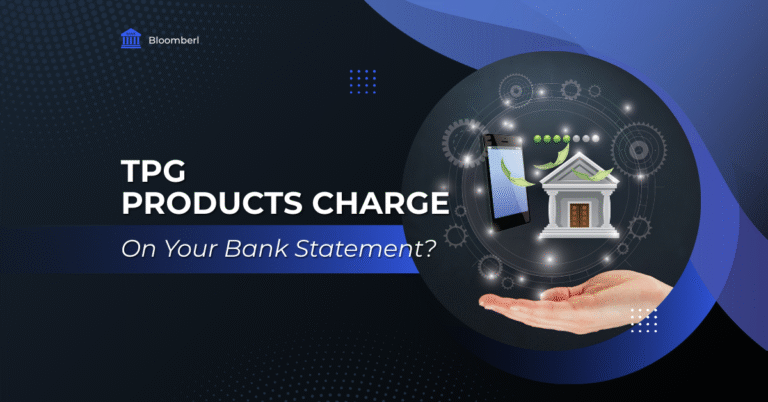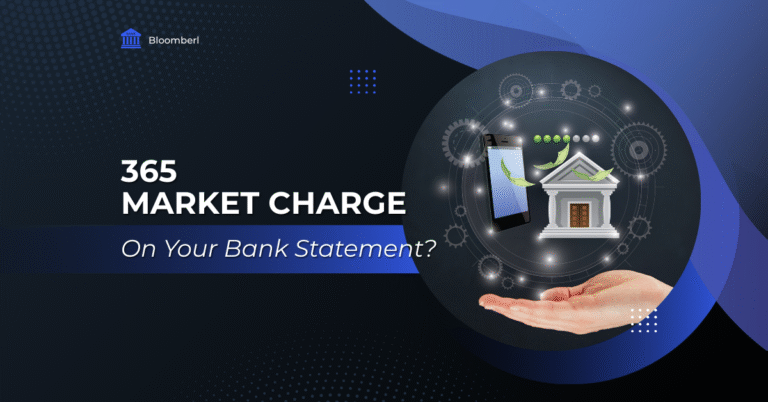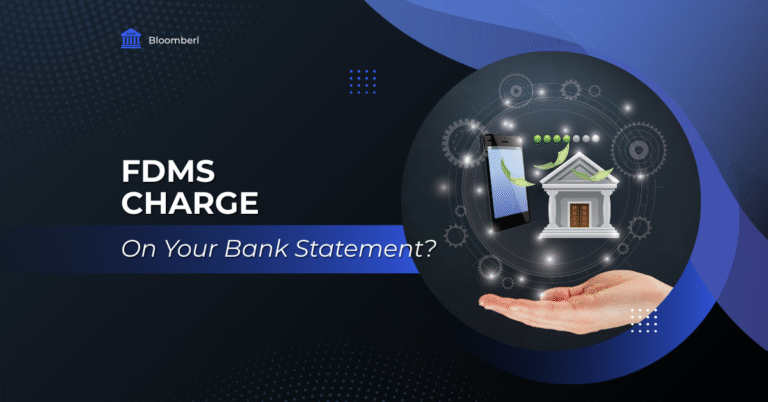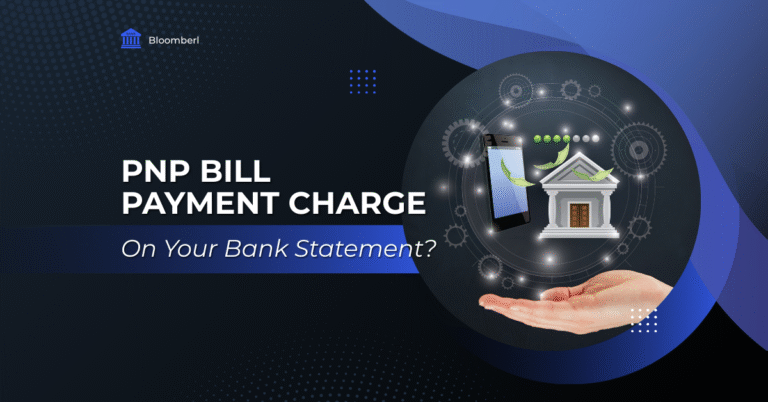Dscr Loan Requirement
Dscr Loan Requirement
Debt Service Coverage Ratio (DSCR) loans are designed to help real estate investors secure financing for their investments. These loans depend on the ability of a business to generate sufficient rental income to cover loan repayments. In simple terms, ‘debt service’ refers to the money needed to repay debts. The DSCR ratio measures the available cash to cover these repayments.
For investors seeking this loans, a positive cash flow from the property is crucial. This income must not only cover loan repayments but also exceed them for loan approval. The approval of a this loan hinges largely on the DSCR ratio. The higher the ratio, the lower the risk for lenders, increasing the chances of loan approval for investors.
DSCR Loan Requirements
- Loan-to-Value (LTV) Ratio
- Debt Service Coverage Ratio
- Maximum Loan Amount
- Credit Score
- Property Types and Use
- Loan Types
- Number of Properties Owned
- Prepayment Penalties
Loan-to-Value (LTV) Ratio
Typically, lenders are okay with lending 75-80% of the value of the investment property, known as Loan-To-Value (LTV). So, real estate investors usually need to put down 20-25% of the property’s purchase price as a down payment. Generally, the bigger your down payment, the lower your monthly repayments will be.
Debt Service Coverage Ratio
The main thing lenders look at for DSCR loans is the debt service coverage ratio. This tells them how much of the debt can be paid off using the rental income from the investment property. Typically, lenders want to see a DSCR between 1.2 to 1.5. This ensures that the property’s income can cover both its expenses and loan repayments, with some extra money left over.
Maximum Loan Amount
DSCR loans typically range from a maximum of $1 million to $2 million, although some lenders might offer as much as $5 million. The specific loan amount you can get depends on the debt service coverage ratio of the investment property.
Credit Score
Even though a DSCR loan mainly focuses on the property’s financials rather than the borrower’s personal finances, there’s usually a minimum credit score requirement. Most lenders offering DSCR loans ask for a FICO score of 680 or higher. Also, the higher the Loan-To-Value (LTV), the higher the credit score required. For instance, a lender offering an LTV of 80% might ask for a credit score of 700.
Property Types and Use
DSCR loans cover a variety of investment property types, including single-family homes, multi-family properties, commercial office spaces, hotels, and more. Whether it’s a residential or commercial property, as long as it’s being used to generate income as an investment property, it can qualify for a DSCR loan.
Loan Types
DSCR loans come in two main types: adjustable-rate and fixed-rate, giving borrowers flexibility. The loan terms vary from 30 to 40 years, depending on the lender. Some lenders even offer interest-only options to meet different borrower needs.
Number of Properties Owned
Unlike most home loans, which typically limit the number of properties you can buy, DSCR loans don’t restrict borrowers to a specific number of homes. This is because these loans focus on the investment property’s finances, not the borrower’s personal finances. So, with DSCR loans, you can buy as many investment properties as you’d like.
Prepayment Penalties
It’s important for borrowers to know about prepayment penalties that might come with paying off a this loan before its term ends. Since DSCR loans aren’t governed by consumer protection regulations, lenders often charge penalties to borrowers who want to pay off their loan early.
How to Get a DSCR Loan
Getting a DSCR loan is straightforward. Just follow these steps:
1. Find A DSCR Loan Lender
A DSCR loan falls under Non-QM Loans, which not all mortgage lenders offer. Make sure to choose a lender who provides these alternative loan options.
2. Complete a Loan Application
After choosing a trustworthy lender, fill out the loan application. Many lenders provide online applications for convenience, or you can directly reach out to a loan officer to kickstart the process.
3. Calculate Your DSCR Ratio
Follow the formula given earlier to figure out the DSCR ratio. Your rent schedule will confirm the property’s fair market value and demonstrate your ability to cover monthly mortgage payments. Plus, it will impact the interest rate you’re eligible for.
4. Get Approved and Lock in Your Interest Rate
If both you and the property meet the lender’s criteria for a this loan, you’ll get approved swiftly. This also means you can secure an interest rate for the duration of your loan.
5. Receive the Loan and Make Repayments
After approval, you’ll get the loan, and then it’s time to start making monthly payments based on your repayment plan. If you own rental property, it’s crucial to keep it occupied with dependable tenants to ensure a steady income stream.
Types of DSCR Loans
These loan options offer flexible financing solutions for funding your investment properties or other business endeavors.
- Commercial Real Estate DSCR Loans
- Small Business DSCR Loans
- Private DSCR Loans
Commercial Real Estate DSCR Loans
These loans offer a flexible way to finance your investment properties or other business ventures.
Small Business DSCR Loans
Small Business DSCR Loans are tailored to help established businesses with a proven revenue stream. Lenders assess your company’s cash flow using financial documents like profit and loss statements, balance sheets, and cash flow statements to calculate the DSCR. If the ratio meets or exceeds the lender’s criteria, it shows that your business can handle the debt, which is vital for getting approved for the loan.
Private DSCR Loans
Private DSCR Loans provide real estate investors with an alternative to traditional bank loans, which may not always meet their specific needs. Similar to commercial real estate this loans, they offer more flexibility in lending. Rather than focusing mainly on the borrower’s personal financial background, these loans prioritize the income generated by the property.
Pros and Cons of DSCR Loans
Pros:
- Easier Qualification:Your loan approval hinges on the income from the investment property, so lenders look at the rental income rather than your personal earnings.
- Investor Friendly:These loans are ideal for real estate investors who have various income sources or experience fluctuations in their personal income.
- Cash Flow Consideration:This loans focus on the property’s income-generating potential, which works well if you have a solid investment with consistent returns.
Cons:
- Higher Down Payment:You may need to put down a bigger down payment than with regular loans.
- Interest Rates:This loans might have higher interest rates since lenders evaluate different risk factors.
- Loan Terms:The terms of DSCR loans can differ and may offer less flexibility compared to traditional mortgages.
Related Article
Bank Statement Loan Calculator






